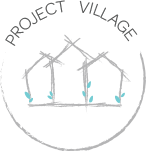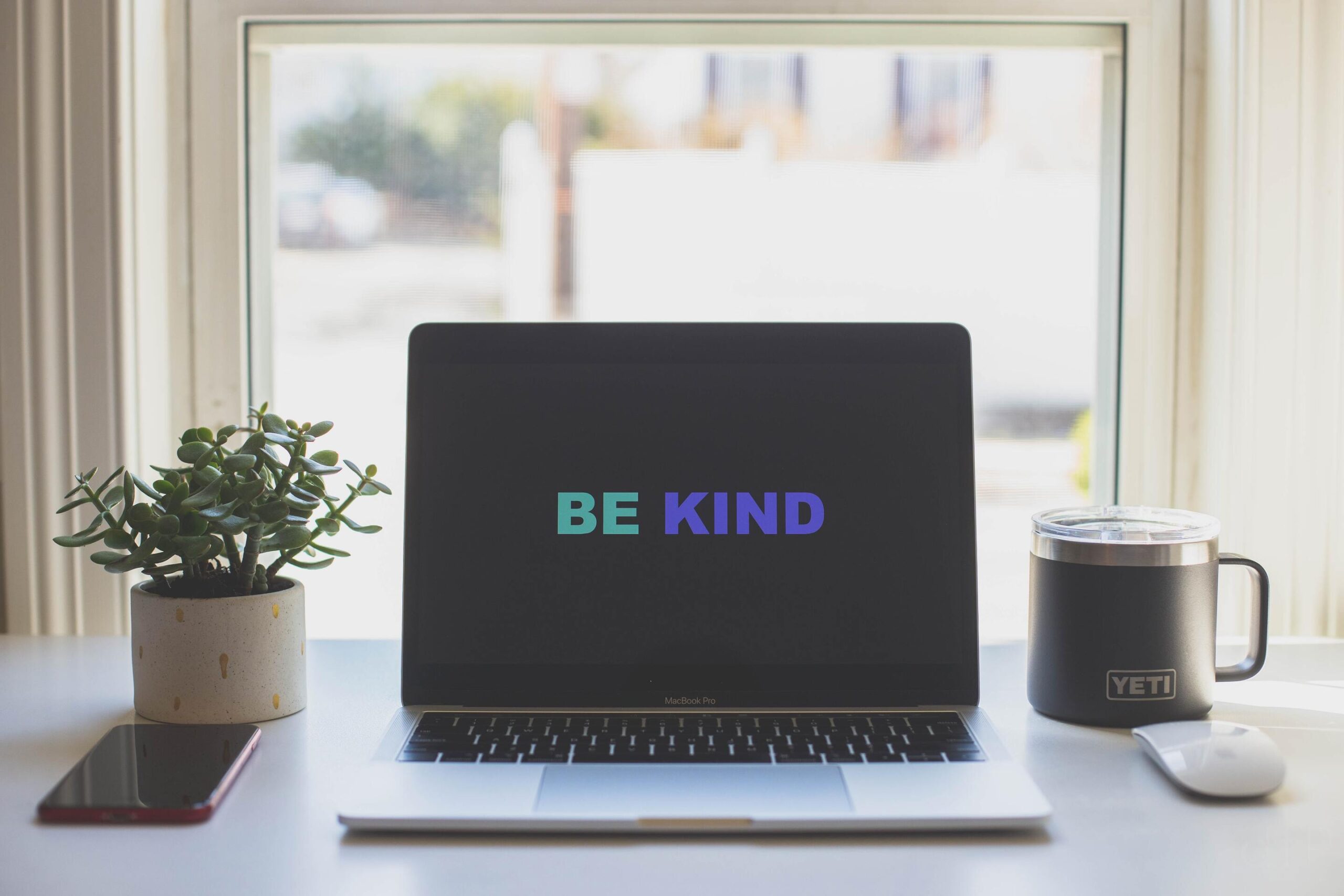There is a rift in the United States that is beyond anything we’ve seen in modern day history. It feels insurmountable and paralyzing, almost to the point where we can’t remember what “normal” feels like. We have lost touch with our ability to engage in civic discourse with others whose perspectives differ from our own.
This divide is especially evident on social media platforms, where emotions are heated, and people can hide behind the anonymity of the screen to hurl toxic language and ugliness at each other. As we’ve been physically distanced to stop the spread of COVID-19, we’ve also become spiritually distanced from each other. And in the process, we’ve created a different and incredibly dangerous kind of pandemic – one of division, hatred, “otherness”, mistrust, and fear.
How can we inoculate ourselves with intention and a collective commitment to take steps towards unity? It should not be up to just our leaders in government to find opportunities to collaborate and heal the divide: it’s the personal responsibility of every single one of us, in our own circle of control. In this post, we will focus on 5 steps each of us can take to be empowered within our own communities to lower the armor and engage with each other in a different way – with courage, compassion, and connection. We have so much work to do to heal our ruptured and hurting country; it’s time that each of us roll up our sleeves to get to work.
5 Commitments Towards Unity:
1. I will lean in and get closer.
As Michelle Obama stated in Becoming, “I’ve learned that it’s harder to hate up close”. Seek out social media spaces with diverse perspectives, not just an echo chamber of your own already-established viewpoints. We must put down our “sides” and move towards the center: facing rather than turning away from each other. This is especially true when the Other comes from a different race, religion, or belief system from you, in order to hear perspectives and lived experiences that are outside of your own.
2. I will listen deeply and with empathy.
We all have a responsibility to work through our “Otherness”, and to lean into our discomfort with courage. What is the lived experience of the person you are engaging with? Keep an open mind and respect the humanity of the other person. Actively communicate that you respect their perspective and insights. Look for areas of common ground, but also listen for areas of different experiences you may not have heard before. Don’t listen with the intent of being RIGHT, with your own counter-argument on the tip of your tongue. For more excellent tips about engaging in empathic dialogue, check out the Conflict Center.
3. I will monitor my own self-regulation.
Constructive and empathic dialogue can only take place when one is emotionally regulated, not in an emotional state of anger, hostility and armor. In order to keep oneself from becoming too escalated during difficult disagreements, it’s important to pay attention to body signals, emotions and thoughts. Develop strategies to self-regulate, such as taking a break from social media, disengaging from unproductive discourse (entanglement), and taking responsibility for your own words and actions.
4. I will deweaponize my words.
Think back to that bestselling book in the 1990’s: All I Really Need to Know I Learned in Kindergarten, by Robert Fulghum. Though it was somewhat tongue in cheek, the thoughts conveyed in the book were poignant: The rules from a Kindergarten classroom about how we should treat each other are the foundational elements of being a good human. These rules include: Speak kindly. Don’t interrupt. No name calling. Listen more than you talk. When we are considering how to engage in civil discourse in a way that aligns with our values of connection, compassion and empathy, these essential elements of how we talk to each other are more important than ever. The term “weaponization” has become more a part of our cultural jargon over the past four years when it comes to how we engage in discourse with each other. Our words and language have been used to hurt, divide, attack and marginalize one another. As part of our efforts to heal and bridge these divides, I challenge us to DEWEAPONIZE our words and language. When you are about to post, comment or share on social media, or to make a verbal statement to someone with whom you disagree, ask yourself:
-
- “Is the intent of this comment to HARM others or to HEAL?”
- “Does this comment escalate the conversation in a negative way, or deescalate in a constructive way?”
- “Does this comment create unsafe or safe space for others who think differently from me?”
The purpose of deweaponizing our language is NOT to say that we can’t ever disagree with each other. Which leads us to the last of our five commitments for moving forward towards unity:
5. I will disagree with respect, courage and integrity.
When we bravely engage in hard conversations, we need to have a toolbox of skills with which we can disagree respectfully while digging deeper into dialogue. Brené Brown calls these “Rumble Tools”, in which we are leaning into vulnerability while staying curious and open. A few examples of Rumble Tools include:
-
- “Say more about that…”
- “I’m wondering…”
- “I’m curious about…”
- “That’s not my experience, can you say more?”
- “In my lived experience…”, or “From my perspective….”
- “Let’s take a break and circle back….” – This is a great tool when the conversation has become unproductive and one or both parties needs to take a break.
Another source of inspiration for disagreeing with respect and humanity comes from Professor Loretta J. Ross at Smith College. She teaches a concept which she calls: “Calling people IN instead of calling them out”. Our current culture is one of blame and public shaming, particularly in social media platforms, and rarely (if ever) does this lead to a positive outcome of growth and change. Calling people out causes them to feel more alienated, disconnected and unwilling to engage bravely in hard conversations. As an alternative to calling people out, Dr. Ross recommends steps towards calling people IN, such as sending a gentle private message, engaging in one-on-one dialogue, or reaching out through a phone call or meeting to connect in a meaningful conversation.
These skills and practices will take time, emotional energy, and deep commitment from each and every one of us. And predictably, we may take 2 steps forward and one step back: social progress when we face deeply-rooted problems is rarely linear. But I have a deep belief in the power of human connection, and our willingness to do the hard work to get to a better, more united place.
In closing, the words of Amanda Gorman – poet laureate who spoke at the 2021 Presidential Inauguration, inspired many with her words of unity:
And so we lift our gazes not to what stands between us,
but what stands before us.
We close the divide because we know, to put our future first,
we must first put our differences aside.
We lay down our arms
so we can reach out our arms
to one another.
–Amanda Gorman – “The Hill We Climb”

